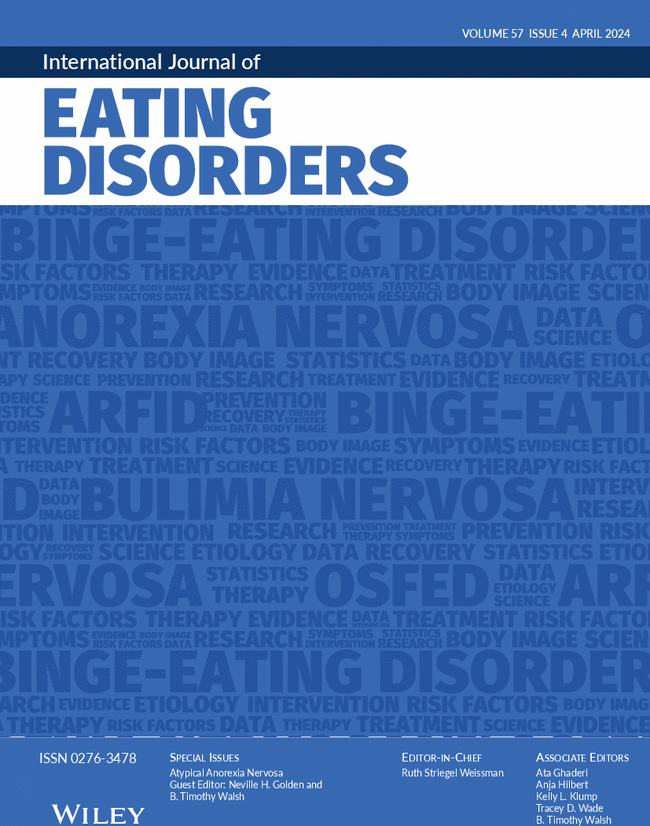Beyond Age, BMI, Gender Identity, and Gender Minority Stress, Weight Bias Internalization Is Uniquely Associated With More Eating and Body Image Disturbances and Poor Physical and Mental Health in Chinese Gender-Diverse Adults
Abstract
Objective
Weight bias internalization (WBI) is a robust, positive correlate of negative health outcomes; however, this evidence base primarily reflects cisgender individuals from Western cultural contexts. Gender-diverse individuals from non-Western cultural contexts (e.g., China) are at potentially high risk for WBI. Yet, no research has examined WBI and associated negative health consequences in this historically underrepresented population.
Method
A cross-sectional, online survey sampled Chinese gender-diverse individuals (N = 410, M age = 22.33 years). Variables were self-reported, including demographics, WBI, body shame, body dissatisfaction, disordered eating, physical and mental health status, and gender minority stress (e.g., internalized cisgenderism). Analyses included correlations and multiple hierarchical regressions.
Results
Pearson bivariate correlations demonstrated associations between higher WBI and more eating and body image disturbances and poor physical and mental health. After adjusting for age, BMI, gender identity, and gender minority stress, higher WBI was uniquely and positively associated with higher body shame, higher body dissatisfaction, higher disordered eating, and poor physical and mental health. Notably, WBI accounted for more unique variance in eating and body image disturbances (13%–25% explained by WBI) than physical and mental health (1%–4% explained by WBI).
Discussion
While replication with longitudinal and experimental designs is needed to speak to the temporal dynamics and causality, our findings identify WBI as a unique, meaningful correlate of eating and body image disturbances in Chinese gender-diverse adults.

 求助内容:
求助内容: 应助结果提醒方式:
应助结果提醒方式:


